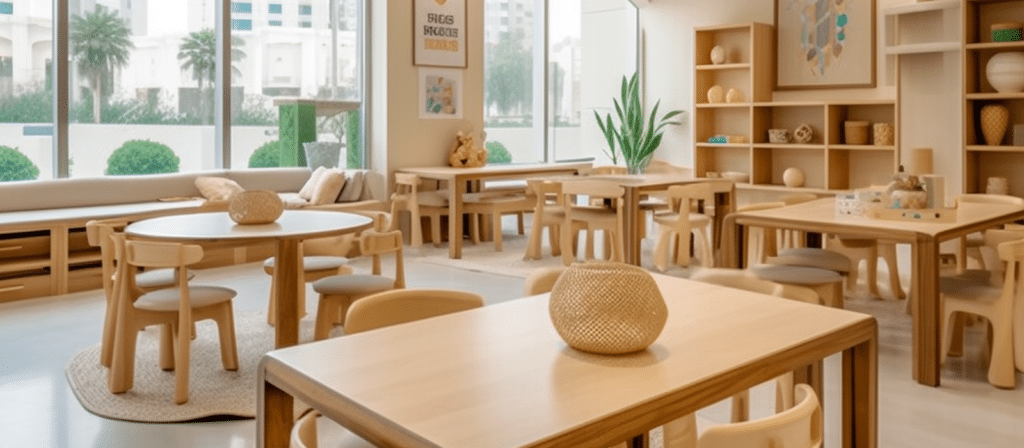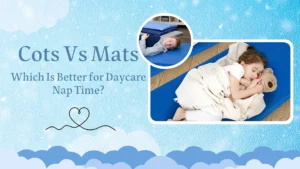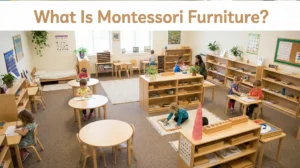Are you looking to create an engaging and purposeful Montessori science area for your children? The right choice of Montessori tables can make all the difference in fostering a love for scientific exploration and learning. In this guide, we’ll explore how to select the perfect Montessori tables for science activities, ensuring that your learning environment is conducive to hands-on discovery and experimentation.
Why are Montessori tables important?
Science experiments and projects often require students to work with various materials, such as beakers, test tubes, and microscopes. Having the right table can provide students with the necessary space and stability to conduct these activities safely and efficiently.
One key factor to consider when choosing Montessori tables for science activities is the size and height of the table. It is important to ensure that the table is of an appropriate height for students to comfortably work on. A table that is too high or too low can lead to discomfort and even potential health issues for students.
Another important consideration is the material of the table. Science activities often involve the use of liquids and chemicals, so it is crucial to choose tables that are made of durable, easy-to-clean materials. Look for tables that are resistant to stains and can withstand regular cleaning with disinfectants.
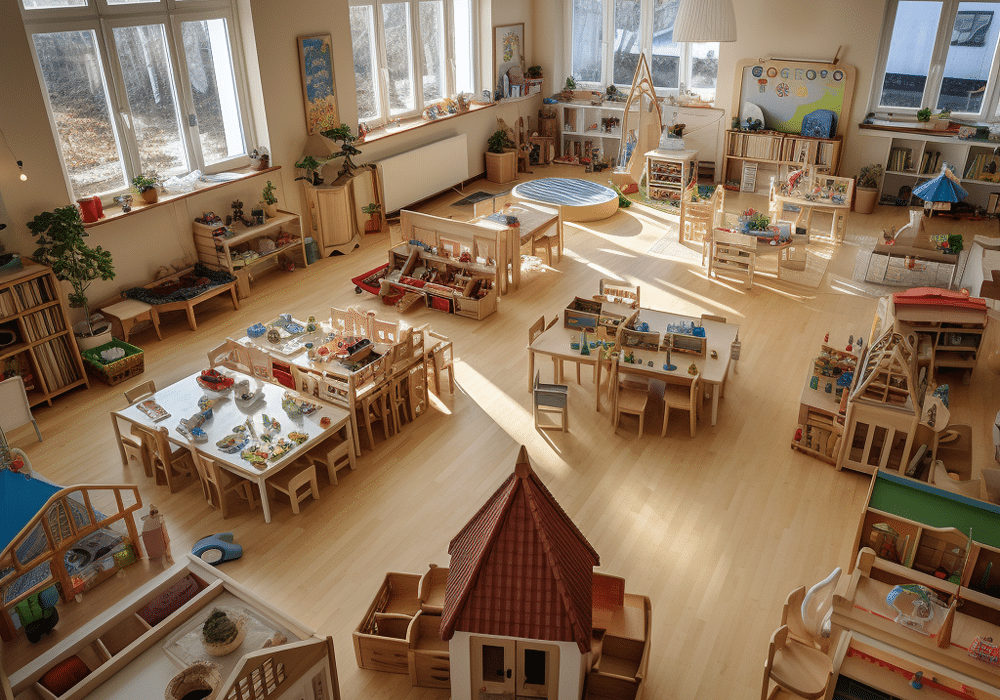
When it comes to the design of the table, opt for ones that offer ample storage space. Students will need a place to store their materials and equipment during science activities. Having storage drawers or shelves built into the table can help keep the workspace organized and minimize distractions.
Additionally, consider tables that are adjustable. Students come in different heights, and having adjustable tables can accommodate their individual needs. This not only promotes comfort but also ensures that students can work at their optimal level, enhancing their overall learning experience.
One often overlooked aspect of choosing Montessori tables for science activities is the mobility of the table. Science experiments and projects often require students to move around the classroom and collaborate with their peers. Having tables with wheels can make it easier for students to navigate the classroom and work together effectively.
Now that we’ve covered the key factors to consider when choosing Montessori tables for science activities, let’s address some common questions that may arise.
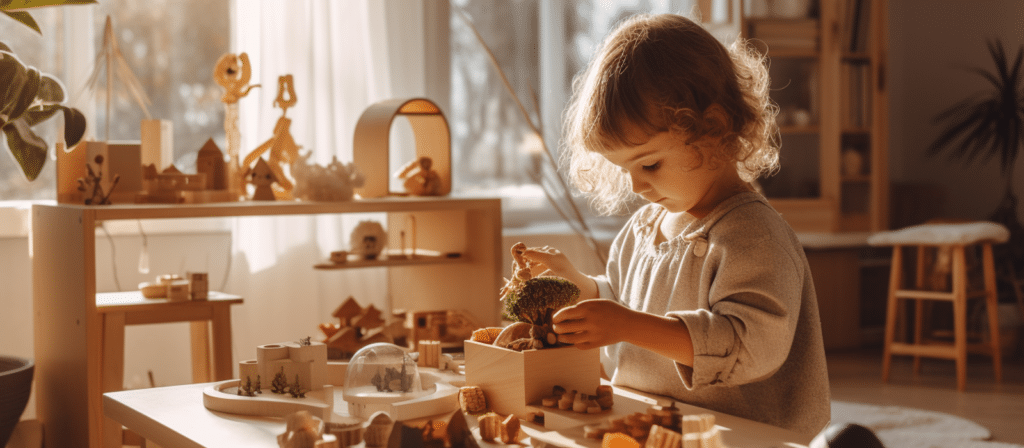
What should you consider when choosing Montessori tables?
- Size and Height: The size and height of the table are important factors to consider. It should be proportionate to the size of the children using it, allowing them to comfortably reach all areas of the table. A table that is too high or too low can hinder the child’s ability to engage in activities effectively.
- Material and Durability: Montessori tables should be made of high-quality and durable materials to withstand the rigors of daily use. Look for tables that are made of sturdy wood or other child-friendly materials that can withstand spills and rough handling.
- Ergonomics: Consider the ergonomics of the table to ensure that it promotes proper posture and reduces strain on the child’s body. Look for tables with rounded edges and adjustable features that can accommodate different activities and the varying heights of children.
- Storage: Science activities often involve numerous materials and tools. Having a table with built-in storage or additional shelves can help keep the workspace organized and minimize clutter. This allows children to focus on the task at hand without distractions.
What are the different types of Montessori tables available?
- Traditional Rectangular Tables: These tables are versatile and can accommodate multiple children simultaneously. They provide ample workspace for various science activities and can be arranged in different configurations to suit the needs of the classroom.
- Circular Tables: Circular tables promote collaboration and encourage children to work together. They are ideal for group science activities and discussions, fostering a sense of community and teamwork among the children.
- Adjustable Tables: Adjustable tables are designed to adapt to the varying heights of children. They can be easily adjusted to ensure the perfect height for each child, promoting proper posture and ergonomics during science activities.
- Mobile Tables: Mobile tables come with wheels, allowing for easy movement and reconfiguration of the classroom layout. This flexibility is especially useful when conducting experiments or setting up different science stations.
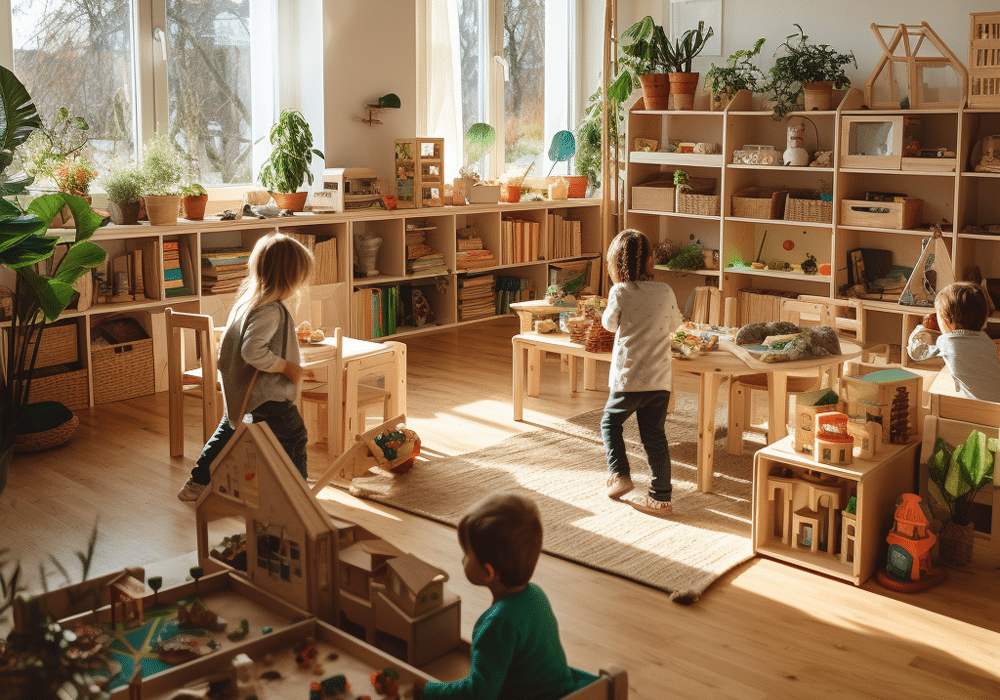
Are there any specific guidelines for table size in a Montessori classroom?
While there are no hard and fast rules, it is generally recommended to choose tables that can comfortably accommodate two to four students. This allows for collaborative work while still providing enough individual space for each student.
What are some popular materials used for Montessori tables?
Common materials used for Montessori tables include wood, laminate, and plastic. Each material has its own benefits, so it ultimately depends on your specific needs and preferences. Wood provides a natural and warm look, while laminate and plastic offer durability and easy maintenance.
How do I ensure that the tables meet safety standards?
When purchasing Montessori tables, make sure to look for certifications and safety standards compliance. Look for tables that are certified by reputable organizations such as ASTM International or the Consumer Product Safety Commission (CPSC). These certifications ensure that the tables meet specific safety requirements and have undergone rigorous testing.
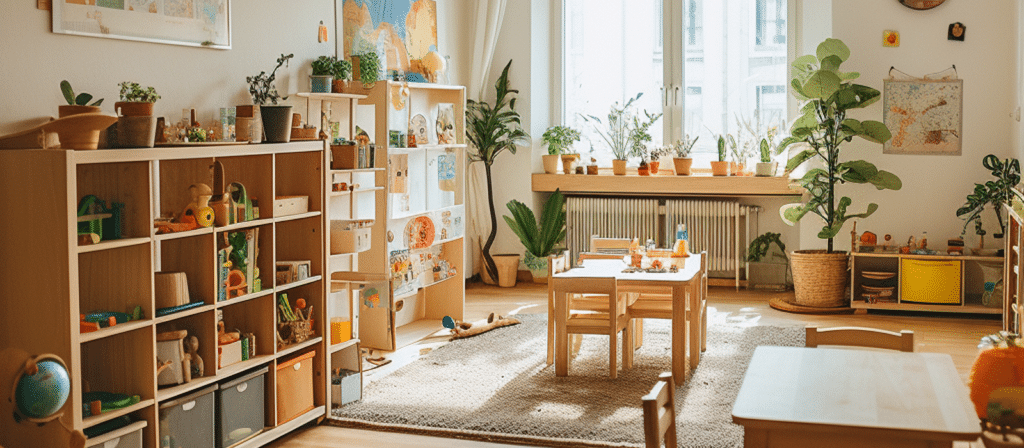
How can Xiha Montessori help?
At Xiha Montessori, we understand the unique needs of Montessori classrooms and provide a wide range of high-quality Montessori tables specifically designed for science activities. Our tables are made from sustainable materials and are built to withstand the demands of an active learning environment. With options for traditional, circular, adjustable, and mobile tables, we have the perfect solution to meet your classroom’s requirements.
Conclusion
Choosing the right Montessori tables for science activities is essential for creating a conducive learning environment for students. By considering factors such as size, height, material, storage space, adjustability, and mobility, you can ensure that your students have the best possible experience during science activities. Remember to prioritize safety and quality when making your selection. With the right tables in place, you’ll be setting your students up for success in their scientific explorations!

